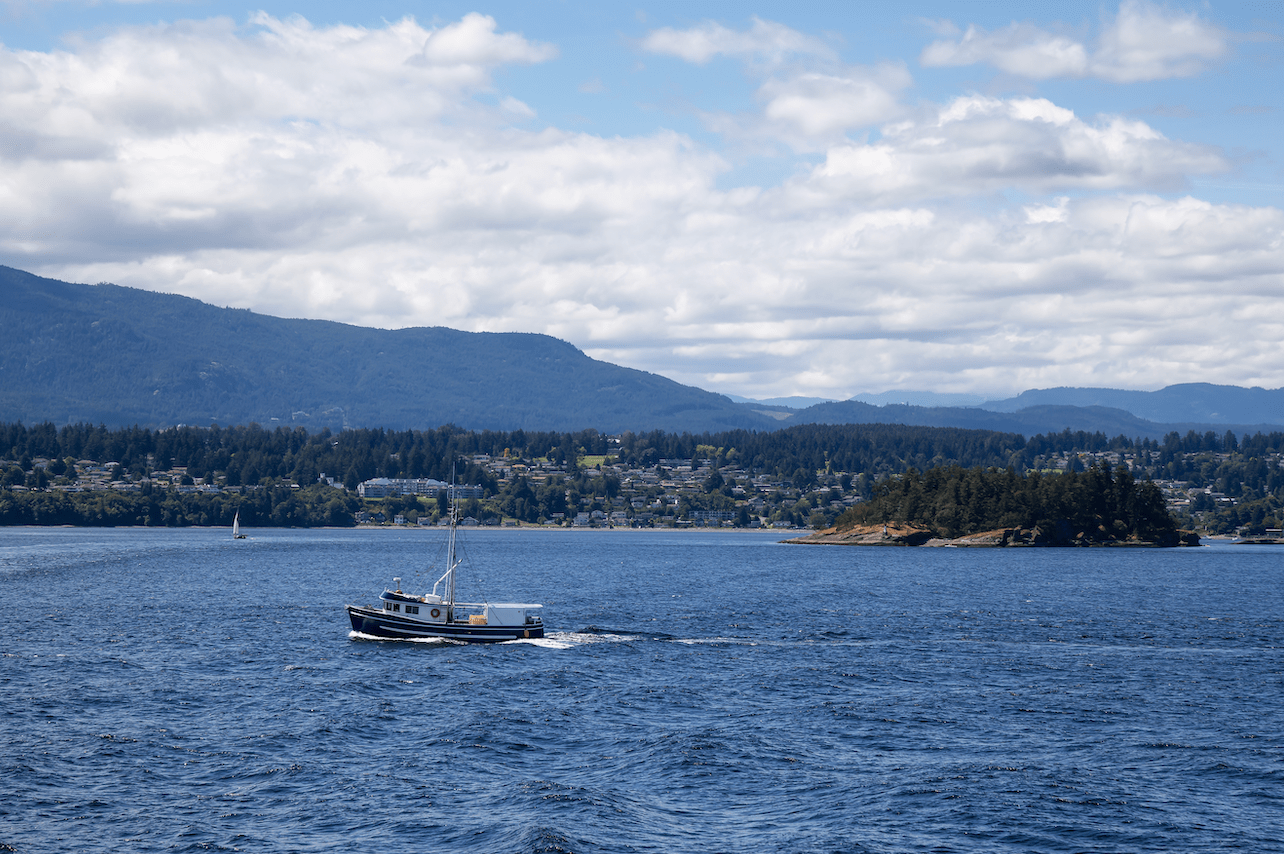NANAIMO – Students will be better equipped for the well-paying middle-class jobs thanks new a new $22.4 million investment at Vancouver Island University (VIU) to expand the Marine, Automotive and Trades Complex and create a District Geo-Exchange Energy System.
The joint federal-provincial investment was announced by Navdeep Bains, Minister of Innovation, Science and Economic Development and, Parksville-Qualicum MLA Michelle Stilwell on behalf of Andrew Wilkinson, British Columbia Advanced Education Minister.
VIU’s Nanaimo Campus is receiving funding for two projects:
- $10.6 million from the Government of Canada;
- $9.5 million from the Province of British Columbia; and
- $2.3 million from Vancouver Island University.
The first project, the Marine, Automotive and Trades Complex expansion and redevelopment involves 2,014 square metres of new construction and 629 square metres of renovations. The work will improve and expand training spaces for in-demand trades programs that align with the needs of industries and employers.
The expansion will increase capacity by 128 full-time equivalent spaces across the automotive, motorcycle, marine and carpentry programs. The expansion will add an Acceleration Discovery space, where faculty, students and industry can come together and focus on research and innovation, ensuring programs stay relevant and responsive to industry needs. The expansion and redevelopment of the Marine, Automotive and Trades Complex will create 77 direct and 47 indirect jobs. The total cost is $20 million:
- $9.5 million provided by the Government of Canada;
- $9.5 million provided by the Province of British Columbia; and
- $1 million provide by Vancouver Island University.
The second project will create a District Geo-Exchange Energy System, which will reduce the carbon output for heating and cooling at VIU’s Nanaimo campus by tapping into geothermal energy. The total cost is $2.4 million:
- $1.1 million from the Government of Canada; and
- $1.3 million from Vancouver Island University.
Construction is expected to get underway in early 2017 and be substantially complete by spring 2018.

